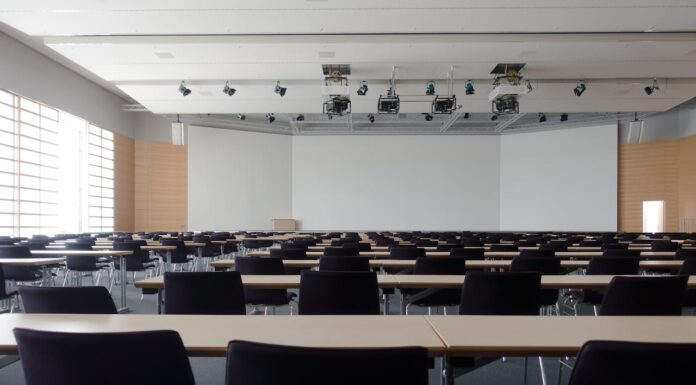Falmouth Harbour has become the first harbour in the world to partner with the Cleaner Seas Group, installing its green tech filters in the marina amenity centre to prevent plastic microfibres washing from clothes into the sea.
Each of the industrial INDIKON microfibre filters attached to the harbour’s washing machines will prevent around 91 million microfibres a year from entering and polluting the water. Research by the International Union for Conservation of Nature (IUCN) has found that microfibres from synthetic fabrics are the largest source of primary microplastics in our oceans.
“Washing our clothes seems a harmless enough activity,” said Falmouth Harbour’s environment manager Vicki Spooner, “but if we all took steps to prevent the microfibres from our washing machines entering our oceans we could collectively make a vast reduction in the amount of pollution affecting ecosystems, marine life, and our food chain.
“By partnering with the Cleaner Seas Group – as the first harbour authority in the world to do so – we want to spread the word and awareness of what every household could do in a small way to become part of a solution to a major problem.”
The smaller Indi home microfibre filter was the first filter developed by the Cleaner Seas Group made using 100% recycled plastic. The filter unit takes ten minutes to install and plugs into any washing machine to remove the millions of microfibres washing out of clothes each year, with a circular cartridge return and recycle system meaning the microfibres do not end up in landfill either.
The INDIKON filter – now installed on Falmouth Harbour’s industrial washing machines in the marina amenity centre – was launched last year as a scaled up version of the Indi home filter, adapted to take on microfibre pollution on a much greater scale.
“Research is growing and microfibres have now been found in the water we drink, the food we eat and the air we breathe,” said Cleaner Seas co-founder and CEO, Dave Miller. “We are dedicated to creating solutions to tackle this problem on a global and local scale.”









